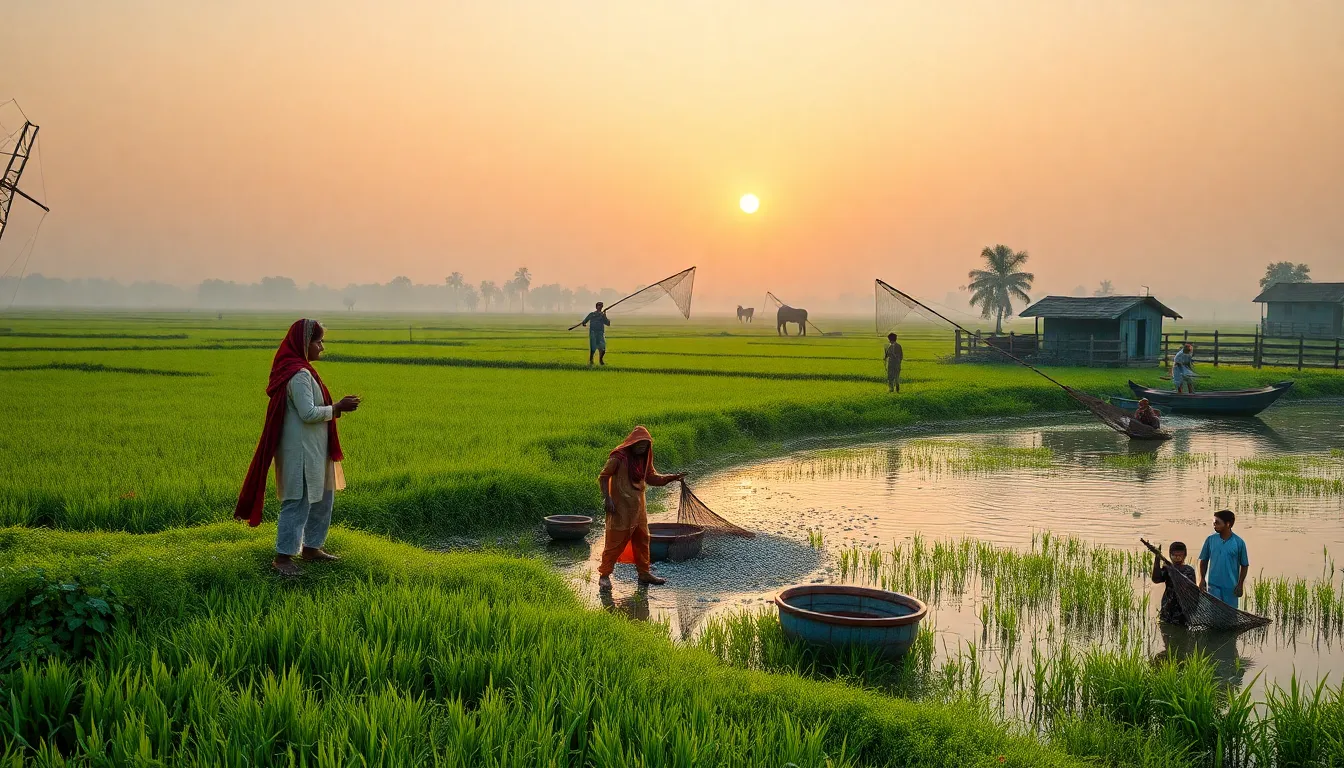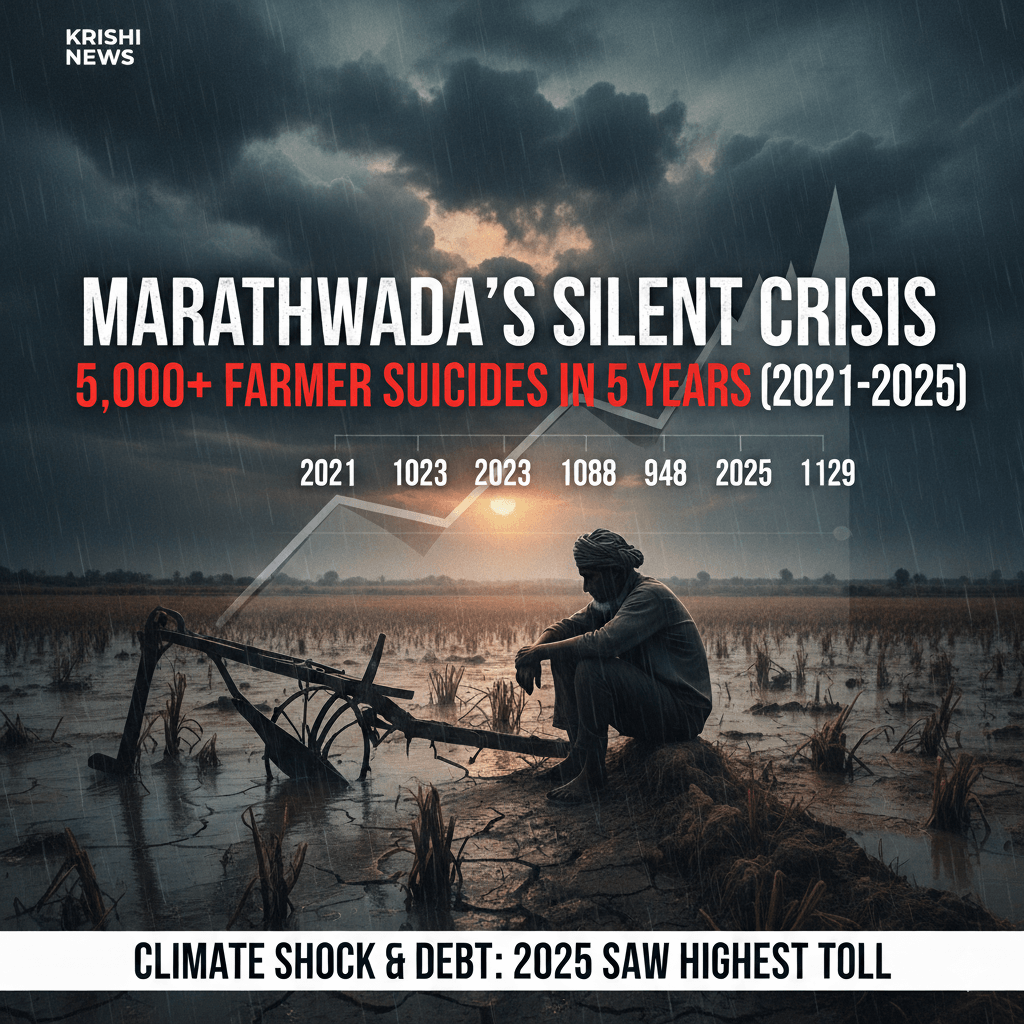The UN Ocean Conference in Nice, France, is a vital event for ocean protection. It brings together world leaders from June 9 to 13, 2025. One important meeting during this conference took place between India’s Union Minister Dr. Jitendra Singh and Norway’s Fisheries Minister. They discussed how to promote sustainable fisheries and strengthen marine cooperation.
Sustainable fisheries are crucial for the health of our oceans. Industrial fishing, plastic pollution, and climate change are putting immense pressure on marine ecosystems. This conference aims to tackle these urgent issues. With the Global Ocean Treaty adopted in 2023, countries have a legal framework to protect marine areas.
Dr. Singh’s meeting with Norway’s minister reflects India’s commitment to ocean governance. Both countries recognise the importance of working together for sustainable fishing practices. Norway has a strong reputation in fisheries management, and India can learn from its experiences.
The conference will focus on several critical topics. These include marine biodiversity, deep-sea mining, and plastic pollution. A significant goal is to ensure that at least 30% of the world’s oceans are protected by 2030. This will allow marine ecosystems to recover and biodiversity to thrive.
French President Emmanuel Macron has prioritised the ratification of the Global Ocean Treaty for this conference. This treaty is essential for creating marine protected areas beyond national jurisdictions. However, there is a pressing need for more ratifications, as just over half of the required 60 have been secured.
Another critical topic at the conference is the moratorium on deep-sea mining. There are concerns about plans for commercial mining operations that could harm ocean ecosystems. Activists argue that deep-sea mining must be regulated to protect marine life.
Plastic pollution is also high on the agenda. The conference is seen as a crucial moment before negotiations for the Global Plastics Treaty resume in August. Many advocates are calling for strong commitments to reduce plastic production and phase out single-use plastics.
Despite the positive intentions, there are concerns about geopolitical tensions affecting cooperation at the conference. Some believe that without bold action, the conference could end up being just talk without real change.
Greenpeace has raised alarms about the draft political declaration being discussed at the conference. They fear it lacks the necessary measures to protect the oceans and address climate change. Activists are urging governments to take decisive action.
The conference will feature ten action panels covering various ocean topics. These panels aim to mobilise finance, support small-scale fishers, and conserve marine ecosystems. Governments will submit proposals to guide discussions on these issues.
In summary, the UN Ocean Conference in Nice represents a crucial opportunity for nations to come together. India and Norway’s collaboration is a positive step towards sustainable fisheries and ocean governance. However, strong commitments are needed from all participating countries to ensure the health of our oceans for future generations.





